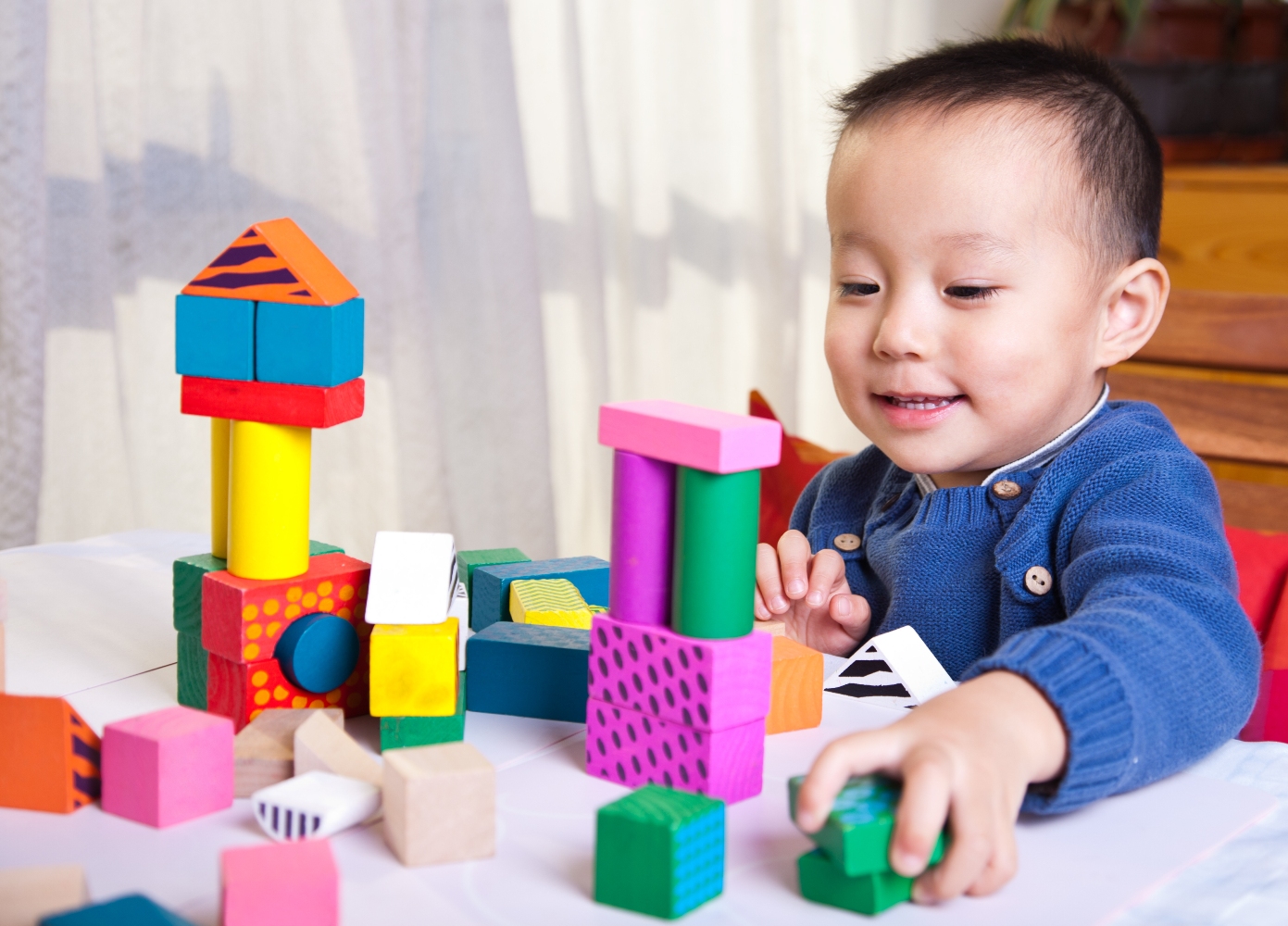Contents:
- Medical Video: 35 Weeks Pregnant – Regular Signs of Pregnancy Week by Week and Baby Growth Rate in the Stages
- Development of babies aged 35 weeks
- How should the baby develop on week 35?
- Health for babies aged 35 weeks
- What do I need to discuss with the doctor on week 35?
- Which must be considered
Medical Video: 35 Weeks Pregnant – Regular Signs of Pregnancy Week by Week and Baby Growth Rate in the Stages
Development of babies aged 35 weeks
How should the baby develop on week 35?
Baby's vision, previously a maximum of 20/40, is now almost the same as adults in terms of clarity and depth perception. Even though close-up vision is still the best, long-distance vision of a baby is good enough to get to know people and objects in the room. Babies can see toys on the other side of the room and try to crawl into them. Your baby's eyes may almost reach the last color, even though you might see faint changes later. In the third week of the 9th month, children are usually able to:
- Having vision almost resembles an adult
- Creeping or crawling
- Stand up from a sitting position
- Take small objects with thumbs and other finger parts (keep out of reach of children);
- Say "mama" or "chest" without stopping.
There are times when babies are afraid of things that they don't understand. Even things that didn't bother him before, like the sound of a doorbell or kettle whistling, might scare him. When this happens, the most important thing is to comfort and calm him. Tell him that you are by his side and he will be fine. Your hug might be what he needs.
Health for babies aged 35 weeks
What do I need to discuss with the doctor on week 35?
Most doctors don't do general examinations this month. This may not be a problem, because most children at this age don't like going to the doctor. Contact your doctor if there are problems that cannot be waited until the next visit.
Caring for babies aged 35 weeks
There are a number of things you know:
Cough
Even healthy babies can cough every day, and coughing can actually help babies breathe better by cleaning dirt from the airways. Cough often appears after other viral symptoms have passed, but not all are similar to each other. Example:
- If the baby makes a sound while breathing, or is panting, he may experience bronchiolitis, which is caused by Respiratory syncytial virus (RSV).
- If the cough is deep and sounds like a bark, he may have croup (a viral infection that affects the upper airways).
- If the baby appears to have long-term flu and a chronic cough at night, he or she may be allergic or sinusitis.
- If the cough is sudden and is difficult to lose without other flu symptoms, it means that the baby breathes foreign particles.
- If a difficult cough is lost accompanied by difficulty breathing, fever, and chills, he may experience pneumonia.
- If the baby coughs does not stop for 20-30 seconds, and there is a screaming sound like a bird when trying to take a deep breath, the possibility of whooping cough (pertussis).
- If the baby keeps coughing out thick mucus that causes difficulty breathing, he may get cystic fibrosis.
Do not give prescription, decongestant, or antihistamine cough medicines without prior pediatrician approval. You can do the following:
- First of all, try removing mucus by giving the baby to drink more and using a vaporizer (vaporizer) in his room at night.
- Carrying a baby in a steamy bathroom can calm and help him breathe better.
- If you suspect an allergen in the room that causes chronic coughing, get rid of stuffed animals and hairy objects, keep the room free of dust, and put pets out of the room.
- Make sure the baby is not exposed to cigarette smoke in the house or car.
If the cough prevents the baby from eating or sleeping well, pay extra attention. Contact a doctor as soon as possible if the baby:
- Coughing up blood, difficulty breathing, or other symptoms of fever, increased heart rate, lethargy, or vomiting.
- Also call if the baby swallows or breathes objects but seems fine.
- If the baby cannot breathe or faint, start CPR and have someone call 118 immediately.
- Because allergies, foreign substances, or asthma can cause chronic coughing, contact your doctor if the cough lasts more than a week.
Crawl
Babies are just curious and want to move elsewhere. He doesn't really care how. But you also need to pay attention. As long as the baby tries to move on his own, it doesn't matter how to crawl. You only need to worry if the baby does not seem to be able to balance both sides of his body, in other words, cannot move his arms and legs together. This can be a sign of motor defects, which can be overcome by early treatment.
Which must be considered
What do you need to watch out for when your baby is 35 weeks old?
Below are a few things you should pay attention to:
How to read stories for babies
Reading is important to help develop babies at an early age. Even if he doesn't understand the book, he will be interested and become curious. This is a great way to support its development. Tips for getting started:
- Read books aloud to babies
- Began to read a collection of baby story books
- Learn to read with dramatic expressions that are spoken slowly
- Involve the baby in choosing books
These tips will help babies become more impressed and happy every time they read stories. You will be amazed too!
What is the growth of a baby like in the 36th week?












